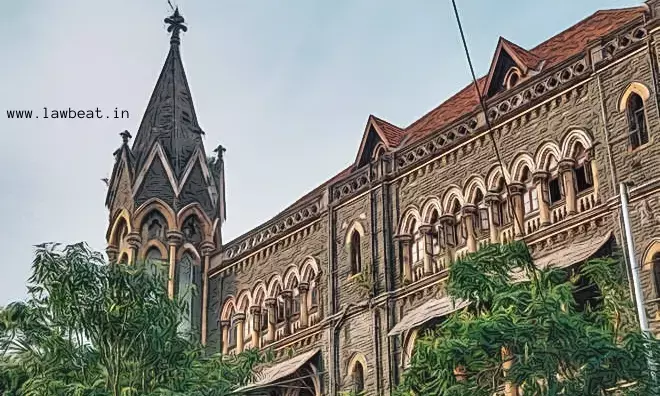Bombay HC Wields Parens Patriae Power to Appoint Daughters as Guardians for Neurologically Disabled Father

In a significant ruling, the Bombay High Court invoked its special jurisdiction under Clause XVII of the Letters Patent to appoint two daughters as legal guardians of their father, Pervez Nadir Dumasia, a renowned architect rendered incapacitated due to severe brain injury.
Justice Abhay Ahuja, in a detailed ruling dated May 8, 2025, acknowledged the absence of statutory provisions for guardianship of mentally ill adults under current mental health laws and filled the legal vacuum using parens patriae jurisdiction.
"The higher Courts of our country exercise the parens patriae jurisdiction as they cannot be mute spectators to a real life situations of the nature before this Court. Since as noted above, Clause XVII of the Letters Patent empowers this Court to exercise jurisdiction over mentally incapacitated persons, in the absence of any statutory or legislative bar and to fill up the vacuum, in the facts and circumstances of this case, I am inclined to allow the Petition as prayed for", Court observed.
Dumasia, aged 72, has been in a semi-conscious, bedridden state since suffering from Hypoxic Ischemic Encephalopathy following a cardiac arrest in July 2024.
The Court recognised the efforts put in by the daughters in providing round-the-clock care, incurring medical expenses exceeding ₹5.5 lakh monthly.
It granted them full authority to manage his personal care and financial affairs, including operating bank accounts, handling investments, managing real estate, and representing him before authorities.
The Court also took note of the mother’s written consent and absence of any other capable guardian. It clarified that this was a case of mental illness, not mental retardation, thus falling within the ambit of “lunacy” under Clause XVII.
Justice Ahuja appreciated counsel Jahangir Jeejeebhoy for his assistance and emphasized the need to revive judicial guardianship mechanisms in light of gaps in the Mental Healthcare Act, 2017.
The petition was filed by the two daughters, Vahbiz Pervez Nadir Dumasia and Niloufer Pervez Dumasia.
